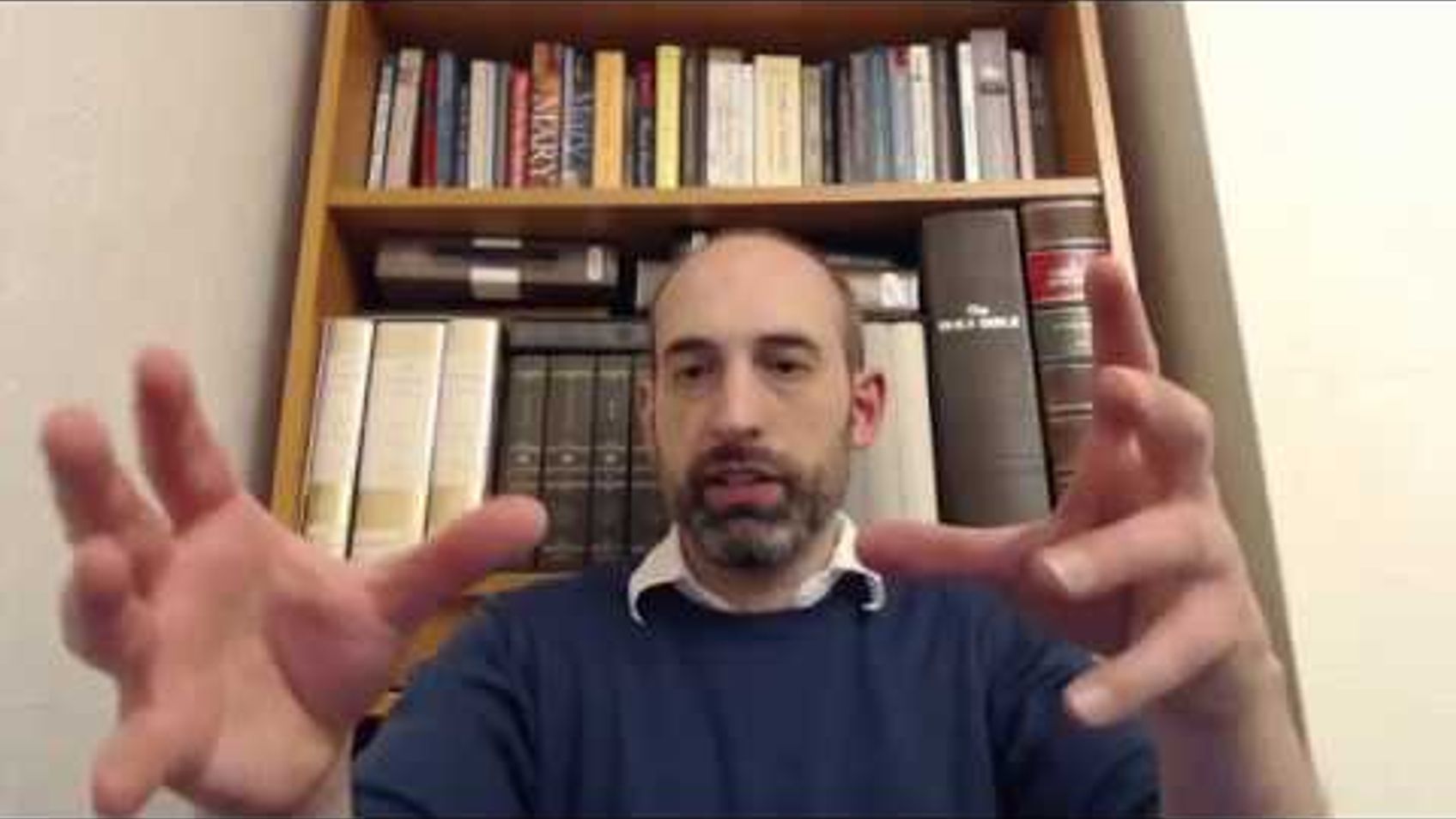Q&A#119 What's the Pastoral Use of Typology?

Today's question: "I very much appreciate your keen eye for typology and the like. As a pastor, I continually find myself thinking “That’s cool. So what?” I know that’s what many of my parishioners are thinking, so I try to show the importance and application of intertextual connections. I’d very much like to hear your reflections on the pastoral value of typology."
You can read the Theopolis post on Jacob and David that I mentioned here: https://theopolisinstitute.com/article/the-reopened-wounds-of-jacob.
My blog for my podcasts and videos is found here: https://adversariapodcast.com/.
If you have any questions, you can leave them on my Curious Cat account: https://curiouscat.me/zugzwanged.
If you have enjoyed these talks, please tell your friends and consider supporting me on Patreon: https://www.patreon.com/zugzwanged. You can also support me using my PayPal account: https://bit.ly/2RLaUcB.
The audio of all of my videos is available on my Soundcloud account: https://soundcloud.com/alastairadversaria. You can also listen to the audio of these episodes on iTunes: https://itunes.apple.com/gb/podcast/alastairs-adversaria/id1416351035?mt=2.
More From Alastair Roberts






More on OpenTheo















